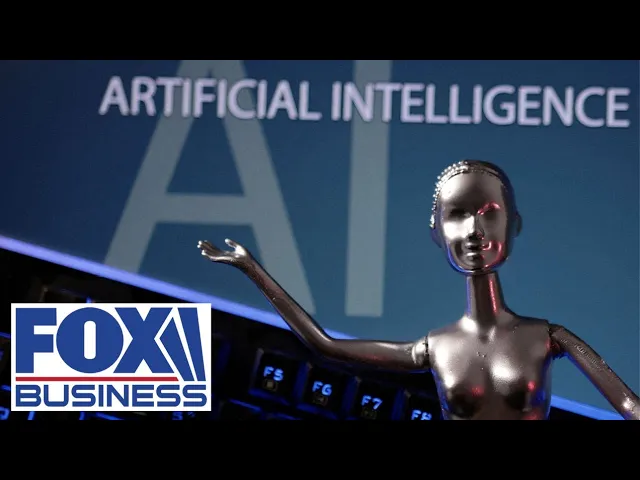‘Disconcerting’ trend sees AI companions gaining ground with teens

AI companions: the troubling new teen obsession
In a digital landscape already crowded with social media platforms vying for teenage attention, a new competitor has emerged—AI companions. CBS Mornings recently highlighted this growing phenomenon where teens are forming emotional bonds with artificially intelligent chatbots, raising significant concerns among parents and experts alike. These AI relationships, marketed as "safe spaces" for young people, may be creating more problems than they solve as the technology becomes increasingly sophisticated at mimicking human connection.
Key points from the discussion
-
Teens are increasingly turning to AI companions (like Character.AI and Replika) for emotional support, friendship, and even romantic relationships, with some platforms reporting millions of active users
-
The technology uses sophisticated language models that learn from interactions, allowing AI companions to become more personalized over time and create convincing illusions of emotional connection
-
Mental health experts warn these relationships could potentially interfere with real-world social skill development at a critical time when teenagers are forming their identities and learning to navigate human relationships
The hidden psychological cost
The most concerning insight from this trend is how these AI companions exploit fundamental human psychological needs. Dr. Sherry Turkle from MIT, featured in the segment, explains that people are "hard-wired" to respond to anything that seems to care about them. This makes teenagers particularly vulnerable as they navigate the already complex landscape of identity formation and social belonging.
This matters tremendously in our current digital context. We're witnessing the first generation of young people who may develop significant portions of their emotional lives through algorithmic relationships rather than human ones. Unlike social media, which primarily facilitates human-to-human interaction (albeit digitally mediated), AI companions represent something fundamentally different—relationships with non-human entities designed to fulfill emotional needs without the reciprocity, complexity, or growth opportunities of human relationships.
What the segment missed
The discussion of AI companions tends to focus on immediate concerns about teen isolation, but there are deeper implications for how we understand emotional development itself. Research from developmental psychology has long established that healthy emotional growth requires navigating disappointment, conflict, and the messiness of real relationships. AI companions, programmed to be perpetually supportive and available, offer none of these crucial growth opportunities.
Consider the case of "attachment styles," psychological patterns formed in early relationships that influence how we
Recent Videos
How To Earn MONEY With Images (No Bullsh*t)
Smart earnings from your image collection In today's digital economy, passive income streams have become increasingly accessible to creators with various skill sets. A recent YouTube video cuts through the hype to explore legitimate ways photographers, designers, and even casual smartphone users can monetize their image collections. The strategies outlined don't rely on unrealistic promises or complicated schemes—instead, they focus on established marketplaces with proven revenue potential for image creators. Key Points Stock photography platforms like Shutterstock, Adobe Stock, and Getty Images remain viable income sources when you understand their specific requirements and optimize your submissions accordingly. Specialized marketplaces focusing...
Oct 3, 2025New SHAPE SHIFTING AI Robot Is Freaking People Out
Liquid robots will change everything In the quiet labs of Carnegie Mellon University, scientists have created something that feels plucked from science fiction—a magnetic slime robot that can transform between liquid and solid states, slipping through tight spaces before reassembling on the other side. This technology, showcased in a recent YouTube video, represents a significant leap beyond traditional robotics into a realm where machines mimic not just animal movements, but their fundamental physical properties. While the internet might be buzzing with dystopian concerns about "shape-shifting terminators," the reality offers far more promising applications that could revolutionize medicine, rescue operations, and...
Oct 3, 2025How To Do Homeless AI Tiktok Trend (Tiktok Homeless AI Tutorial)
AI homeless trend raises ethical concerns In an era where social media trends evolve faster than we can comprehend them, TikTok's "homeless AI" trend has sparked both creative engagement and serious ethical questions. The trend, which involves using AI to transform ordinary photos into images depicting homelessness, has rapidly gained traction across the platform, with creators eagerly jumping on board to showcase their digital transformations. While the technical process is relatively straightforward, the implications of digitally "becoming homeless" for entertainment deserve careful consideration. The video tutorial provides a step-by-step guide on creating these AI-generated images, explaining how users can transform...
